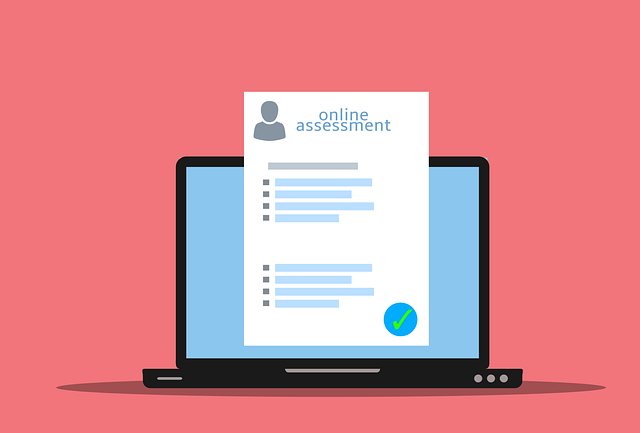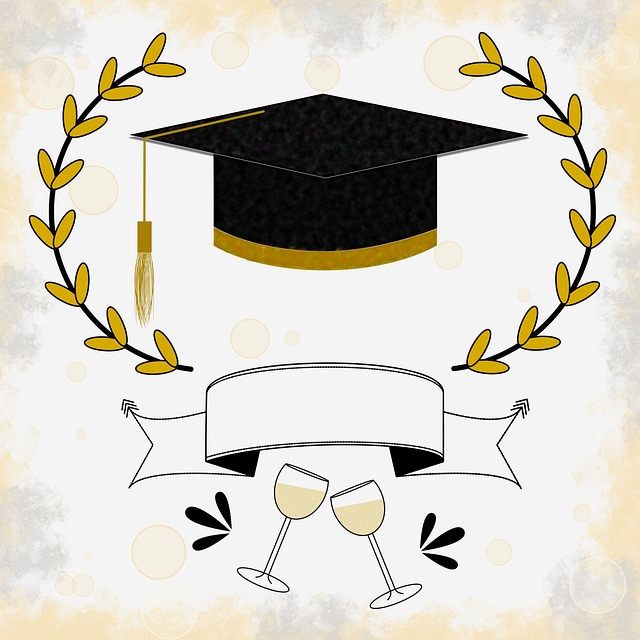Personalize study strategies for visual and auditory learners. Create structured schedules with dedicated study slots and test-taking tips. Organize materials with concept maps, folders, and an exam calendar. Implement active learning with mind mapping, practice exams, and evidence-based argumentation. Prioritize breaks and hydration to recharge your brain. Use past papers for realistic practice, time management, and identifying weak areas. Analyze mistakes to refine study methods and improve exam performance.
Effective exam preparation is key to unlocking your academic potential. In this guide, we’ll show you how to study for exams like a pro. From understanding your unique study style to utilizing active learning techniques and staying hydrated during breaks, these strategies will transform your revision process. Create a structured schedule, organize your materials, and practice with past exam papers for a confident approach. Master the art of studying efficiently and ace your upcoming exams!
- Understand Your Study Style
- Create a Study Schedule
- Organize Your Study Materials
- Utilize Active Learning Techniques
- Take Regular Breaks and Stay Hydrated
- Practice with Past Exam Papers
Understand Your Study Style

Understanding your unique study style is a powerful tool when preparing for exams. Everyone has their preferred method of learning and retaining information, be it visual, auditory, or kinesthetic. Identifying yours can significantly enhance your study efficiency. For instance, if you’re a visual learner, incorporating diagrams, charts, and color-coding into your revision might make complex topics more digestible. On the other hand, auditory learners may benefit from recording themselves explaining concepts and then listening back to reinforce understanding.
Memorization techniques for retention can be tailored to these styles; flashcards are excellent for visual learners, while repeating information aloud is beneficial for auditory learners. Time blocking for maximum focus—allocating specific chunks of time to study without distractions—is a strategy that suits all types. Even exam proctoring guidelines, though primarily focused on test integrity, can guide your preparation by teaching you to manage your time effectively and maintain concentration during the actual exam, building upon the revision strategies for deep learning you’ve developed.
Create a Study Schedule

Creating a structured study schedule is a powerful tool to prepare for any exam. Start by evaluating your current workload and personal commitments, then allocate specific time slots for dedicated studying. Consistency is key; plan regular study sessions throughout the week, ensuring each session has a defined purpose. For instance, dedicate some time to reviewing notes, another for practicing past exam papers, and set aside moments for employing effective memorization techniques for retention.
Remember, your schedule should be flexible yet firm. Allow for unexpected tasks or breaks to avoid burnout, but stick to the plan as much as possible. Test-taking tips and tricks can also be incorporated into your routine—from time management strategies to techniques for tackling difficult questions. And don’t forget the power of rest; maintaining healthy sleep habits for optimal memory is crucial for peak performance during exams. Visit us at critical thinking in exams anytime for more insights on mastering study routines.
Organize Your Study Materials

Before diving into your study sessions, organizing your study materials is a crucial step to ensure maximum effectiveness during exams. Start by gathering all necessary resources, including textbooks, notes from class, handouts, and any online materials provided by your instructor. Create designated folders or sections for each subject or topic to maintain a structured approach. Utilize an exam calendar management system to keep track of upcoming assessments, allowing you to allocate adequate time for each. By identifying critical information and prioritizing what needs the most focus, you can streamline your study process.
Consider implementing concept mapping techniques to visualize connections between ideas, fostering a deeper understanding of complex concepts. This strategy helps in reorganizing knowledge in a more meaningful way, facilitating better retention during exams. Remember, a well-organized study space and materials are the foundation for efficient learning, so take the time to set up your study area accordingly. Give us a call at [exam grading criteria] for additional strategies to enhance your study routine.
Utilize Active Learning Techniques

Studying for exams doesn’t have to be a passive process. By incorporating active learning techniques, you can enhance your comprehension and retention significantly. One powerful method is to arguing with evidence. This involves actively engaging with the material by presenting facts and then critically analyzing them. It’s not enough to simply read and remember; you need to internalize concepts by defending them, which strengthens neural pathways for better recall during exams.
Another effective strategy is using mind mapping for complex topics. This visual technique allows you to organize information hierarchically, making intricate subjects more digestible. By creating mind maps, you can see connections between ideas more clearly and establish a structured understanding that aids in faster retrieval. Moreover, practicing with practice exams and feedback from trusted resources gives you invaluable insights into your strengths and weaknesses. Give us a call at [Practice Exams and Feedback] to access these tools and take your exam preparation to the next level.
Take Regular Breaks and Stay Hydrated

Regular breaks and staying hydrated are often overlooked but powerful test-taking tips and tricks for improving your exam performance. Your brain needs fuel and rest to function at its best, just like your body. During intense study sessions, take short breaks every 45-60 minutes. These breaks allow your brain to recharge, enhancing your ability to process information and argue with evidence when you return to studying.
Hydration is equally important. Dehydration can impair cognitive function and concentration, so make sure to drink plenty of water throughout the day, especially during study sessions. By incorporating these simple active learning strategies, you’re not just preparing for the exam; you’re also ensuring your well-being and setting yourself up for success. If you’re feeling overwhelmed, give us a call at overcoming test anxiety – we’re here to help.
Practice with Past Exam Papers

Practicing with past exam papers is an invaluable strategy to prepare for your upcoming assessments. These papers serve as realistic simulations of what you can expect during the actual test, allowing you to familiarize yourself with the format, time constraints, and types of questions. By timing yourself while solving these papers, you can manage your time effectively during exams, reducing anxiety and improving focus. This process helps identify weak areas that require more attention, enabling you to prioritize your study efforts efficiently.
Incorporating active learning strategies alongside this practice can enhance the learning experience. Visual aids like diagrams, mind maps, or flashcards can simplify complex topics and improve retention. As you review past papers, actively engage with the material using these tools. This interactive approach not only reinforces understanding but also aids in identifying patterns and connections within the subject matter. Remember, learning from mistakes is an essential part of this process; analyze any errors made during practice sessions to refine your study techniques and ultimately excel in your exams.
Studying for exams effectively involves tailoring your approach to your unique study style. By creating a structured schedule, organizing your materials, utilizing active learning techniques, taking regular breaks, staying hydrated, and practicing with past exam papers, you can significantly improve your understanding and performance. Remember, the key to success is consistency and a well-rounded study strategy that works best for you. So, embrace your preferred study style, stay dedicated, and approach your exams with confidence.

Leave a Reply